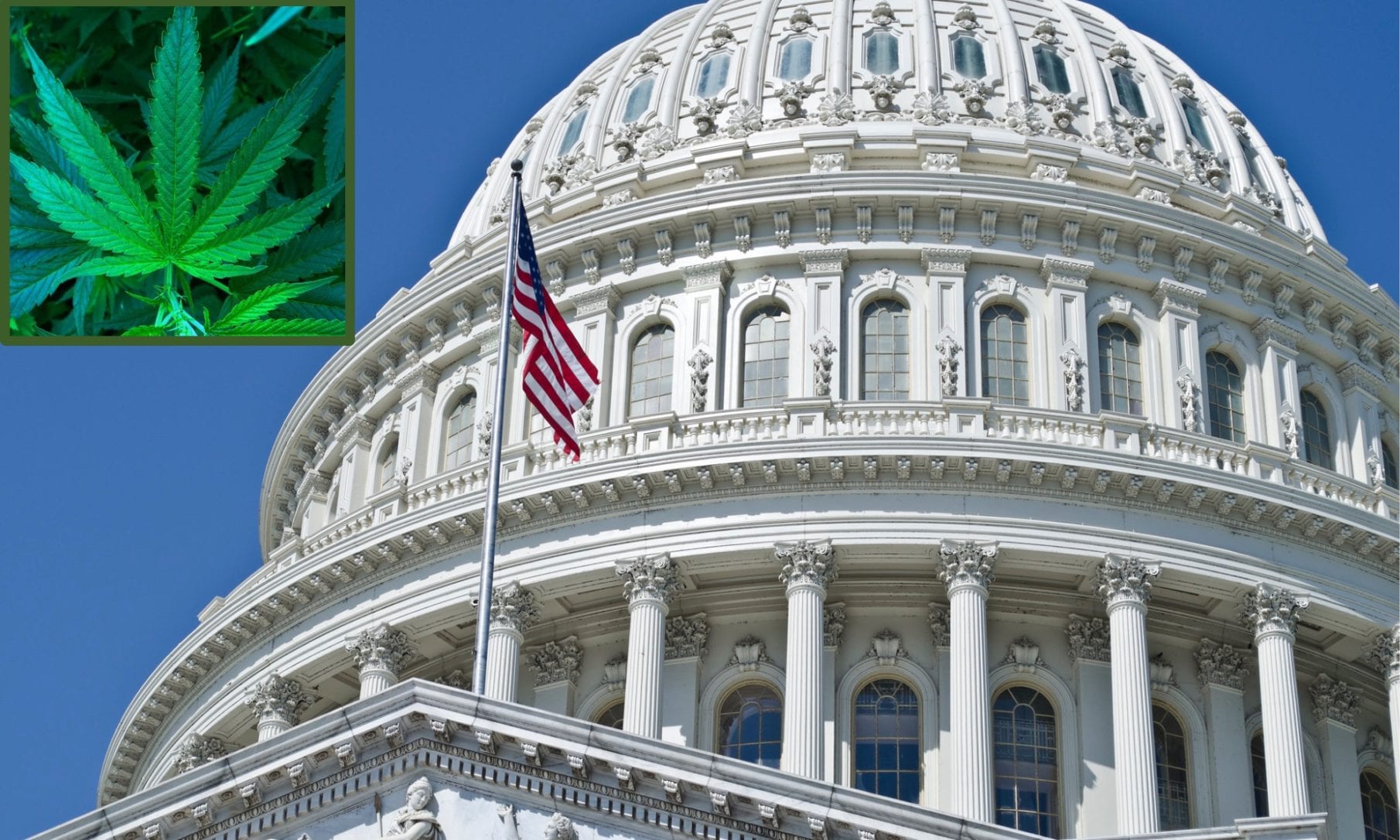By Sean Williams
The marijuana industry made history more than a dozen times in 2018. We witnessed Canada become the first industrialized country in the world to legalize recreational cannabis, and we observed the U.S. Food and Drug Administration (FDA) approve its very first cannabis-derived drug. We even saw support for marijuana legalization soar to an all-time high.
However, one thing we haven’t seen is clear and definitive progress made on the marijuana front at the federal level in the United States.

IMAGE SOURCE: GETTY IMAGES.
The U.S. marijuana industry is fighting an uphill battle
Currently, cannabis is classified as a Schedule I substance by the Controlled Substances Act. Put simply, this means it’s entirely illegal, prone to abuse, and despite having a cannabidiol-based drug legalized by the FDA, doesn’t have any recognized medical benefits. Put in another context, marijuana is classified on par with heroin and LSD, while cocaine is actually slightly less restrictive than cannabis as a Schedule II substance.
Even though the federal government has taken a hands-off approach to regulating the pot industry, which has allowed 33 states to pass some form of medical pot legalization since 1996, the mere fact that Congress has been unwavering on its scheduling of cannabis creates a lot of problems for the industry.
For example, profitable marijuana businesses in the U.S. are subjected to U.S. tax code 280E, which was implemented back in the early 1980s as a response to drug smugglers trying to write off their illicit business expenses. This tax code disallows virtually any normal business deduction, save for cost of goods sold. This results in profitable weed companies paying an effective tax rate of 70% or higher.
Perhaps an even bigger problem for the U.S. marijuana industry is that few avenues exist for cannabis businesses to gain access to basic banking services. We’re talking about no access to loans, credit lines, or even a simple checking account, which forces the industry into a situation where it’s forced to work only with cash. Financial institutions are forced to ignore the cannabis industry because they fear potential federal repercussions if they do offer financial services.
However, a growing number of lawmakers believe they have a solution for this latter problem.
Read more from the source: Fool.com
Image Credit: GETTY IMAGES


